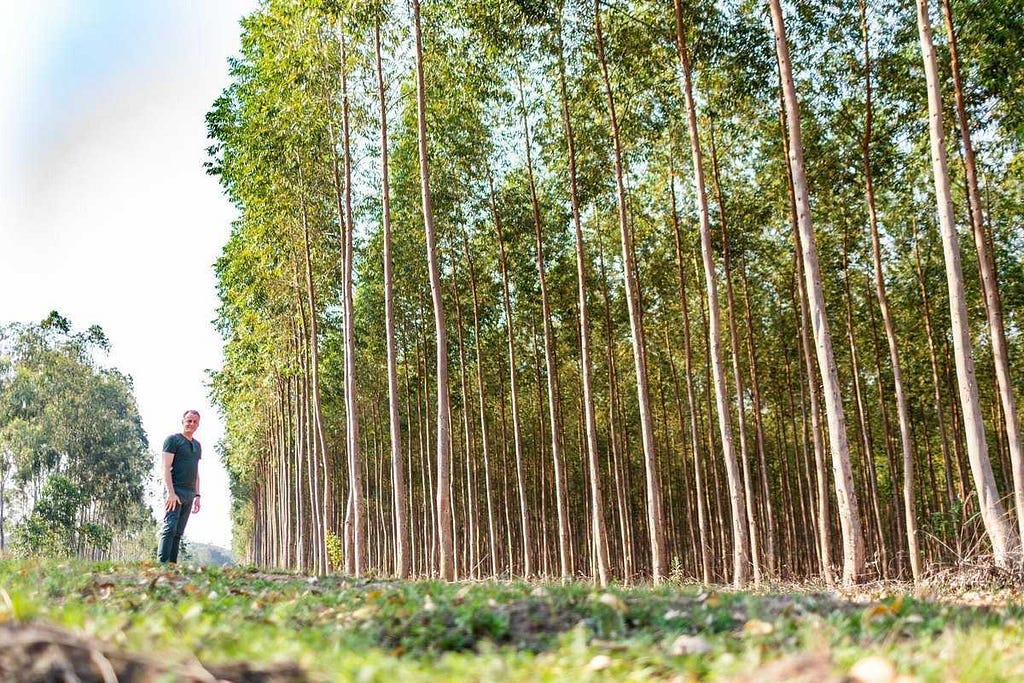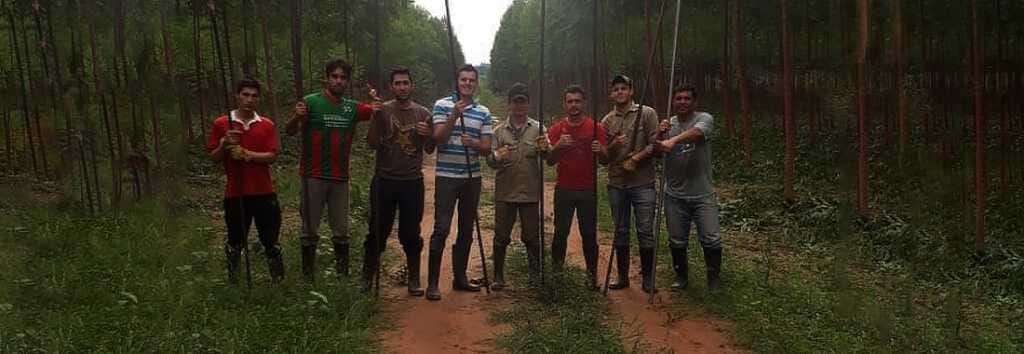
Change takes time (and money)
If there is one problem with many of these projects seeking to bring about social change, it is that they are still too deeply entrenched in idealism. Owen McCall, who heads business development at blockchain marketing firm Heroes Group, believes that this inability to see things out is what causes many projects to eventually fail. He says: “You sometimes see projects that are really focused on social good and that’s fantastic but if it’s not a sustainable business model, what’s it going to look like in a couple of years from now?” Owen tells us that one of the things that attracted him to ethical reforestation project TreeCoin — whom he advises — is how their project not only seeks positive change in the timber industry but has also backed it up with a well-researched model for sustainability. To put it simply, he calls it a project “that makes business sense”.A sustainable business model
At the core of TreeCoin is an investment opportunity in timber. TreeCoin’s plan is to purchase commercial land in Paraguay, redevelop it as eucalyptus plantations, harvest it as timber and reinvest the revenue — after distributing profits to investors” over 23 years — into expanding the project with more land and more trees. Why eucalyptus? First of all, it can grow in fallow lands, soil that isn’t ordinarily suitable for agriculture. Secondly, it has a high rate of growth, maturing for harvest in as little as three years! Thirdly the tree has a broad scope of applications from furniture to construction.
Ethical reforestation, equitable wage, community ownership
And the social change aspect of it? Owen explains: “We’re trying to address a couple of very big issues down in Paraguay. One of the main ones is instability of wages. For the laborers down there, it’s very difficult for them to ensure that they’re going to be paid for their labor… they can really be at the mercy of some of these landowners and company owners. A lot of the times they’re missing out on some of their wages and they don’t have any recourse to take on this.” TreeCoin’s TXC hopes to solve this by making it a way for workers to receive wages directly, without the need for a bank account. Via a lightweight wallet accessible on basic smartphones, TreeCoin hopes that workers will choose to receive wages in TXC, which they can then use as currency to pay for goods and services within a merchant ecosystem in their local communities. Owen elaborates: “We’re building an ecosystem so they’ve got supermarkets, hotels, a bunch of different vendors… We’ve partnered with a company called La Riviera, and their bread and butter is this eucalyptus tree reforestation and they already have some stores, and some vending happening already there as well as online. We’ve got great partnerships set up with a lot of local supermarkets as well and we’re incentivizing them to offer discounts to the local people that use TXC to pay.” The TreeCoin advisor says there is backing from the government, with the Paraguayan ambassador to Switzerland helping to set up strategic partnerships in ecological preservation youth workforce utilization — both big issues in Paraguay. The stories of some of the local workers have already been featured on the TreeCoin blog, demonstrating the high expectations on the ground as well. According to Owen: “For a lot of the laborers down there, they’re excited to work on a project that has sustainability built in.” Judging from the smiles on their faces, we’re inclined to agree. Originally published at https://www.amazix.com.Building for Social Change on Pragmatic Business Sense was originally published in AmaZix on Medium, where people are continuing the conversation by highlighting and responding to this story.
